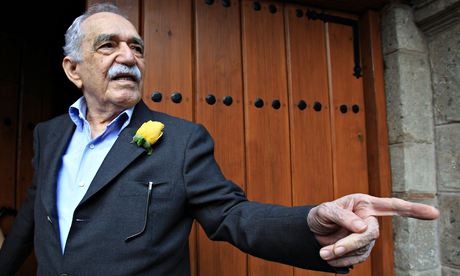
One Hundred Years of Solitude 1967
One Hundred Years of Solitude chronicles seven generations of the Buendía family in the fictional village of Macondo. This tale of prophetic gypsies and incestuous lovers was an instant bestseller, launching García Márquez into worldwide fame and igniting a global boom in Latin American literature.
The Autumn of the Patriarch 1975
García Márquez spent ten years researching dictatorships from Pinilla to Trujillo and from Franco to Perón – and then tried to forget everything he had heard and read to invent this story of a self-styled "General of the Universe". The novel opens with the discovery of the tyrant dead on the floor of the presidential palace, "older than all old men and all old animals on land or sea", before exploring moral decay and political paralysis in what the author called a "poem on the solitude of power".
Love in the Time of Cholera 1985
Inspired by the extended courtship of his own parents, Love in the Time of Cholera tells how the love between Florentino Arizo and Fermina Daza is thwarted by Fermina's marriage to a doctor trying to eradicate cholera, only to be rekindled more than 60 years later.
The General in his Labyrinth 1989
This acount of the final months in the life of Simón Bolívar, who liberated Colombia from Spanish rule in the early 19th century, caused a storm in South America when it was first published. Charting the revolutionary leader's journey from Bogotá to the Colombian coast, García Márquez paints a portrait of a man who is physically and mentally exhausted, reflecting on his memories of conflict and struggle.
News of a Kidnapping 1996
García Márquez always continued working as a journalist, arguing that it kept him "in contact with the real world". Here he examines a spate of kidnappings organised by the Colombian drug dealer Pablo Escobar's Medellín Cartel in the 1990s.

